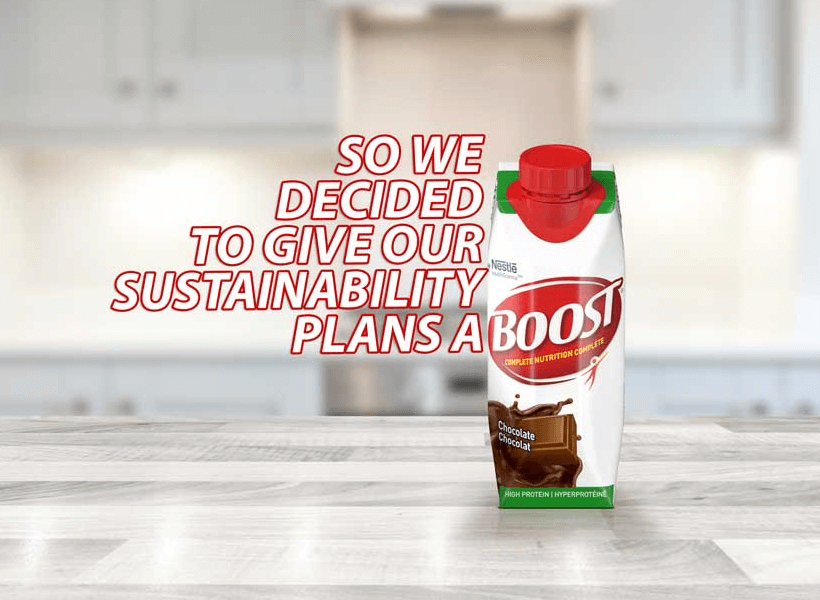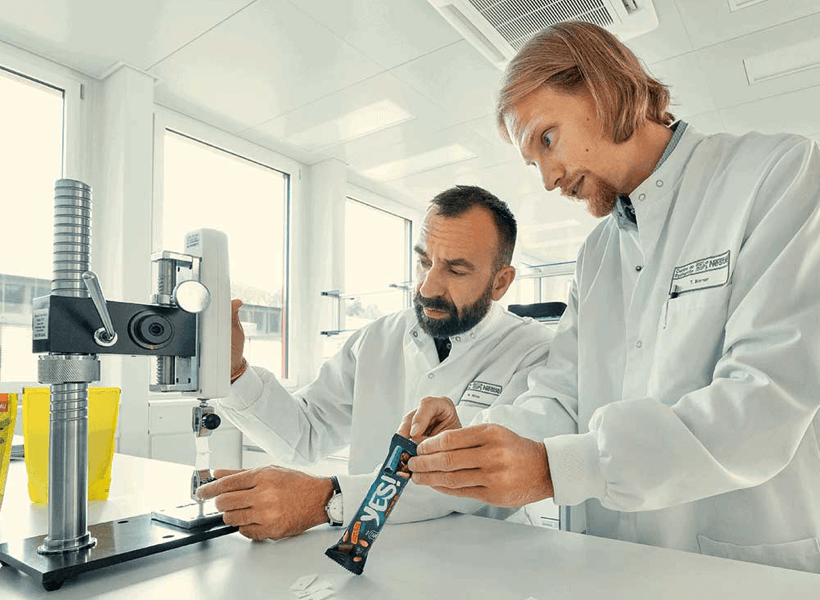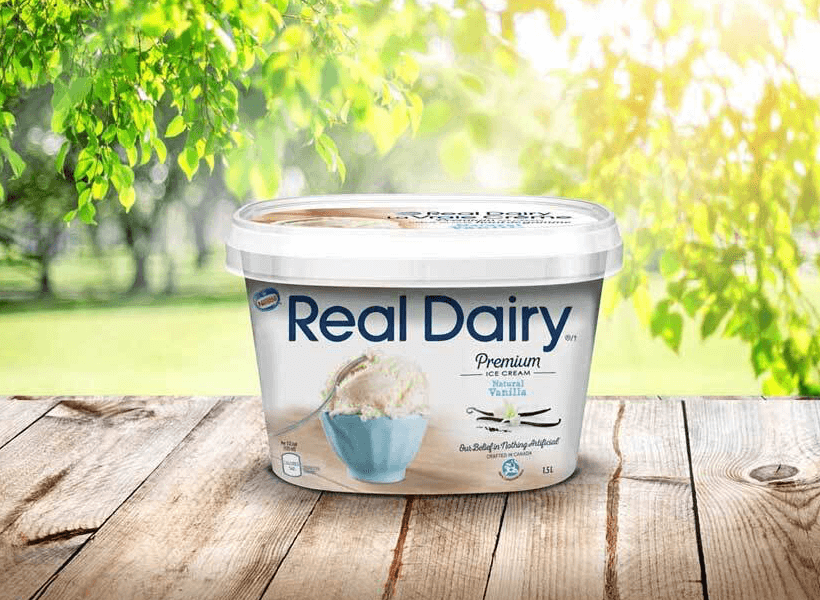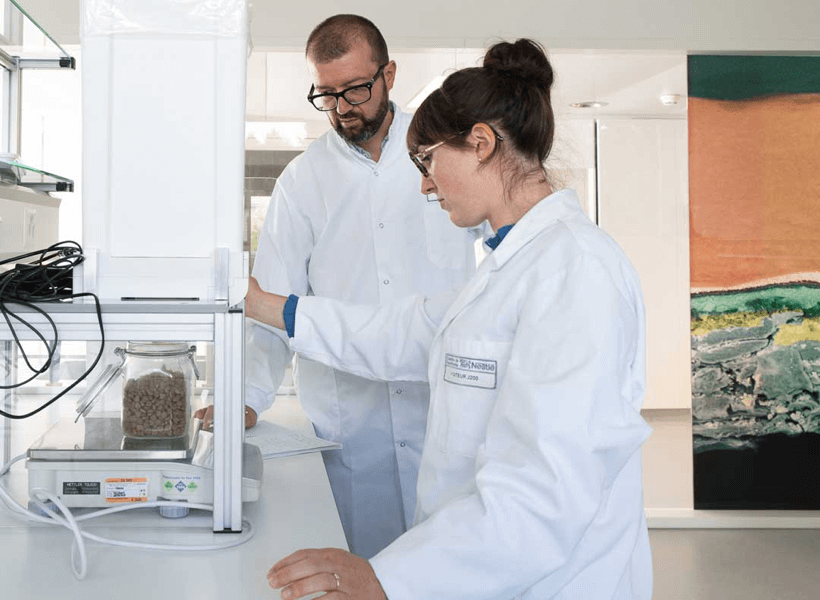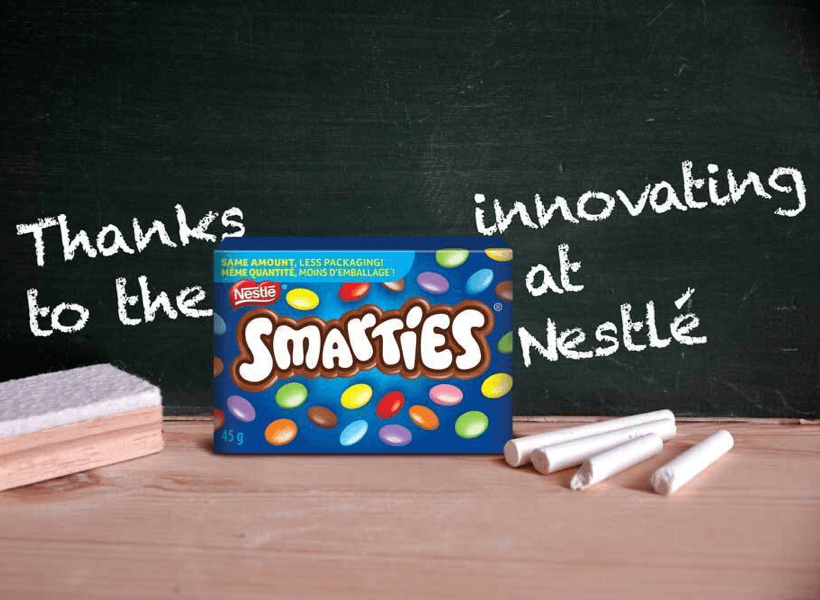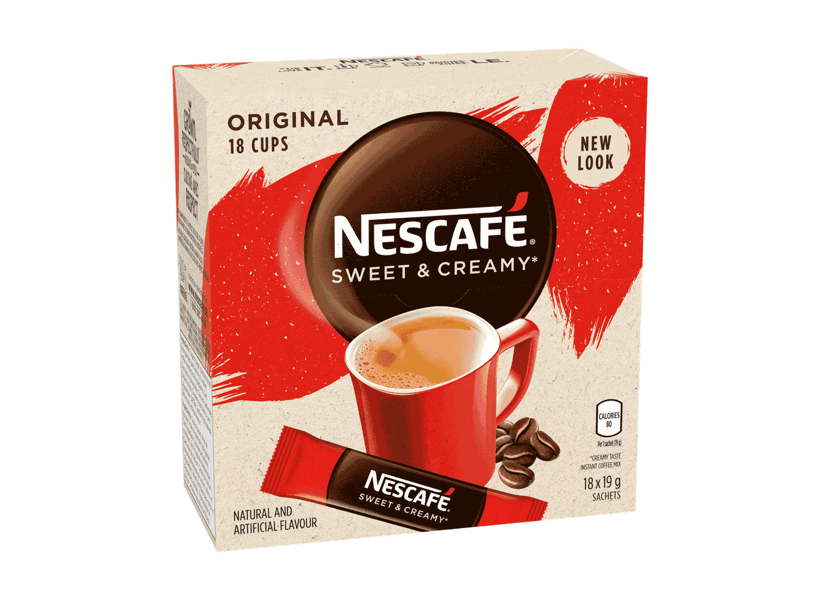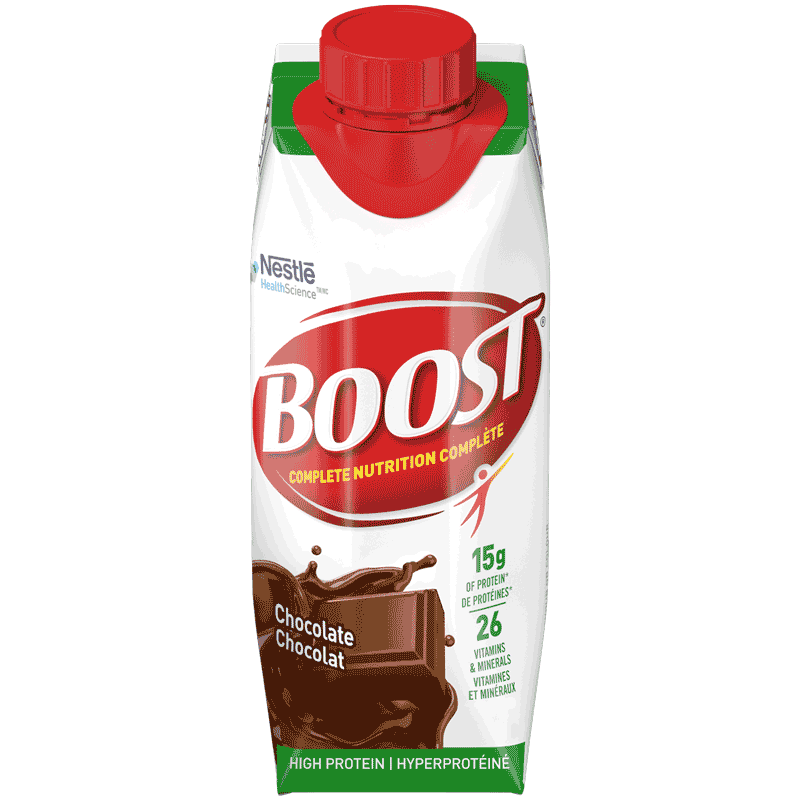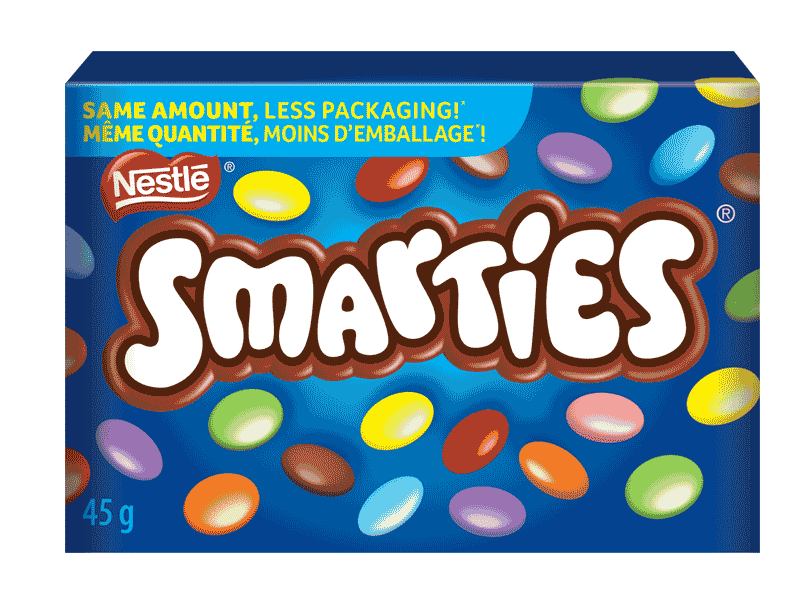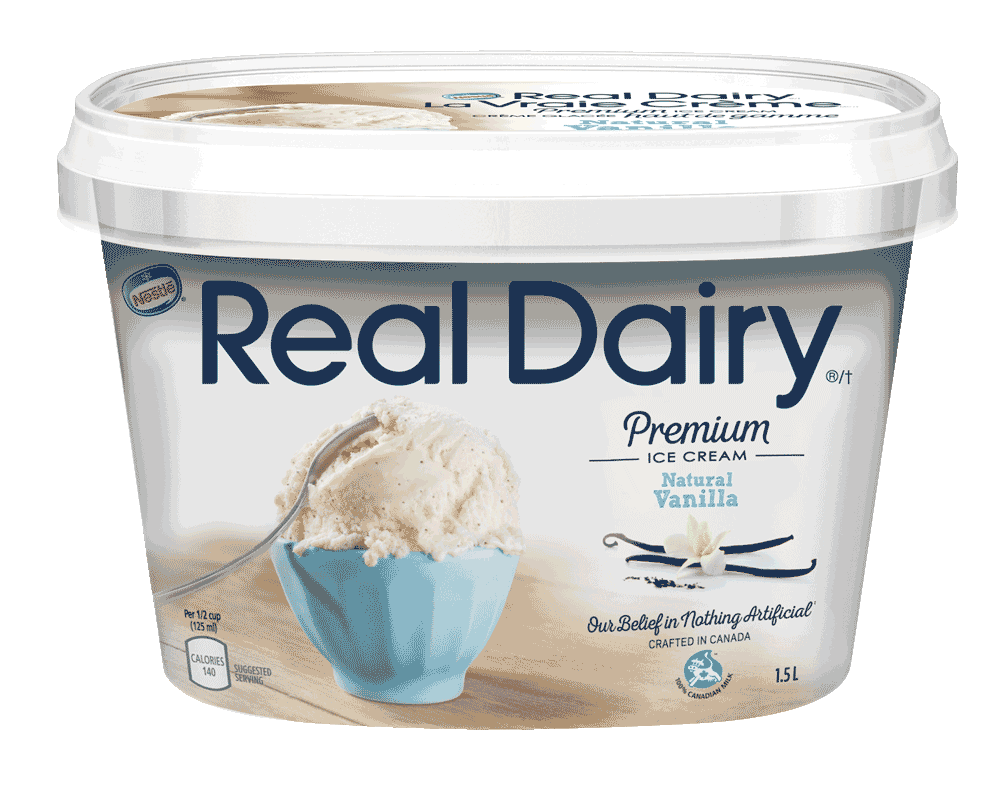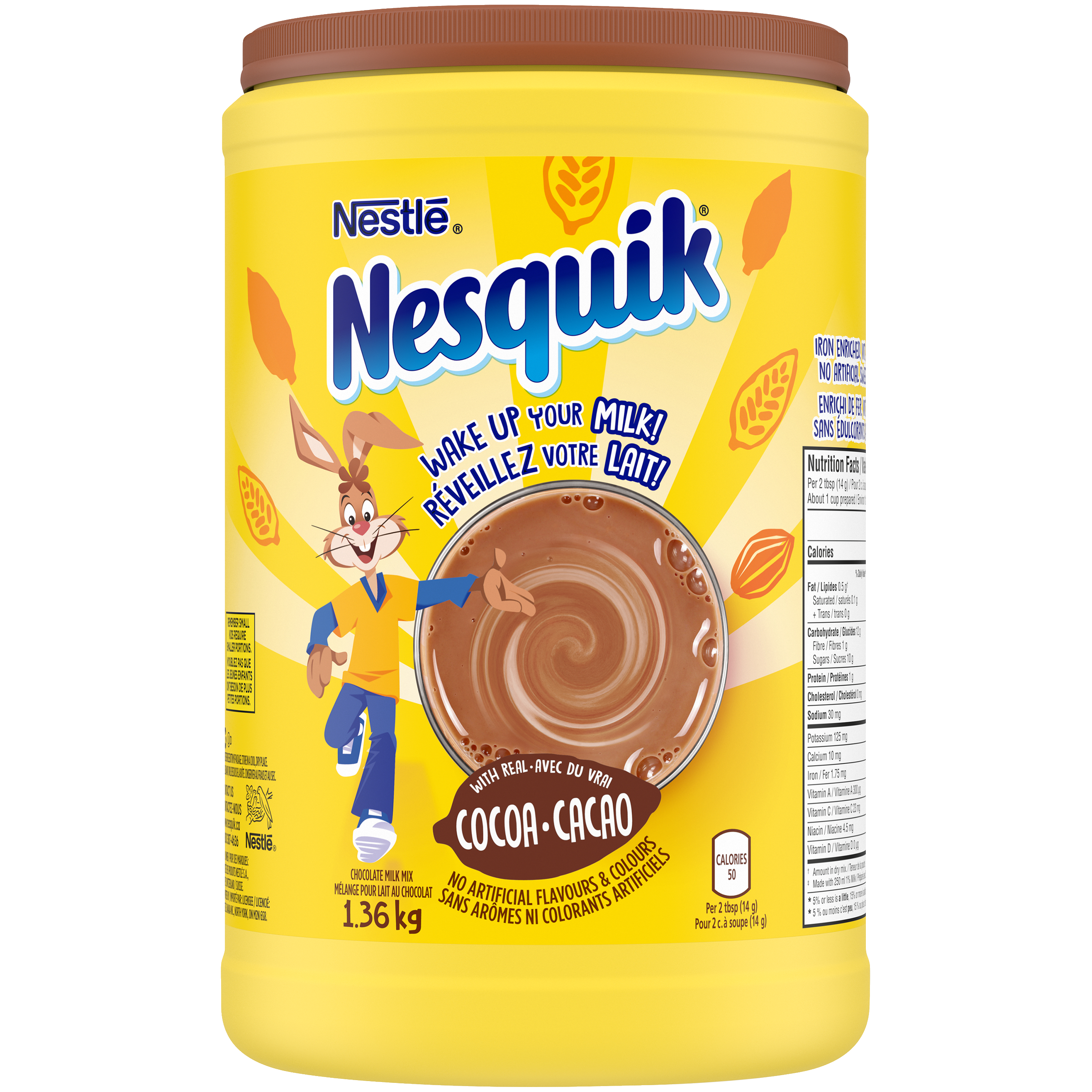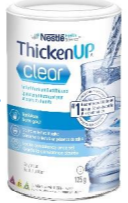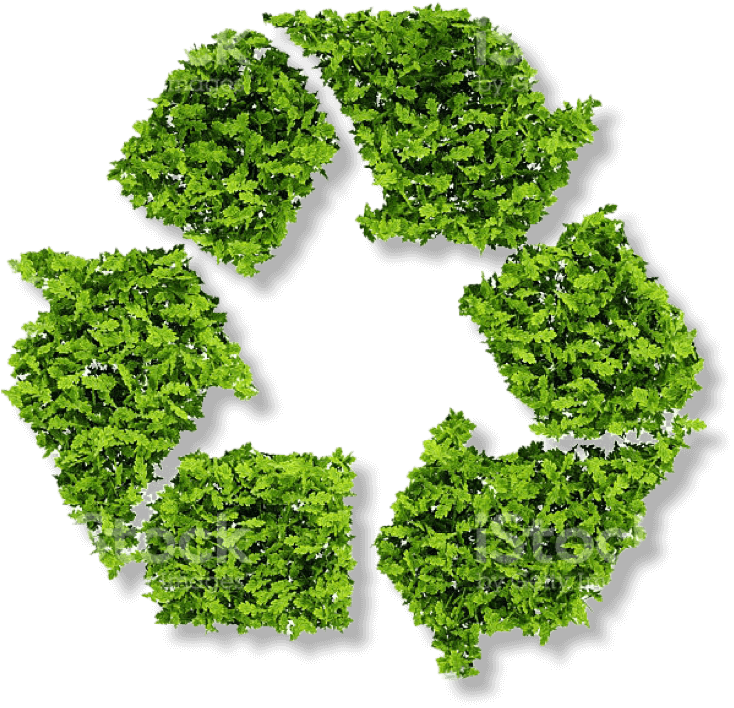
The Plastic Crisis:
A Real Problem
We're taking Action
We know the plastic crisis is one of the top sustainability issues facing the world today.
We're taking this crisis seriously and we aim that above 95% of our plastic packaging will be designed for recycling by 2025, with the aim of getting to 100% recyclable or reusable packaging.
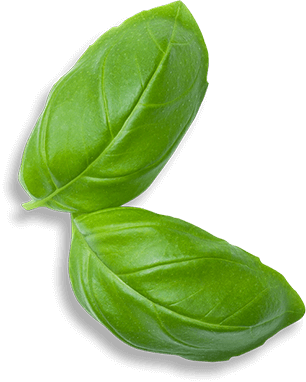
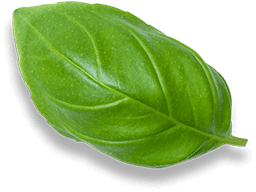



Globally, we saved more than 142,000 metric tons of packaging in 2019 compared to 2015. That’s 14 Eiffel Towers!

A Good Start
Aiming that above 95% of our plastic packaging will be designed for recycling by 2025 is a good start, but we know there's a lot more work to do to achieve our vision: that none of our packaging ends up in landfill or as litter, including in our oceans, lakes and waterways.
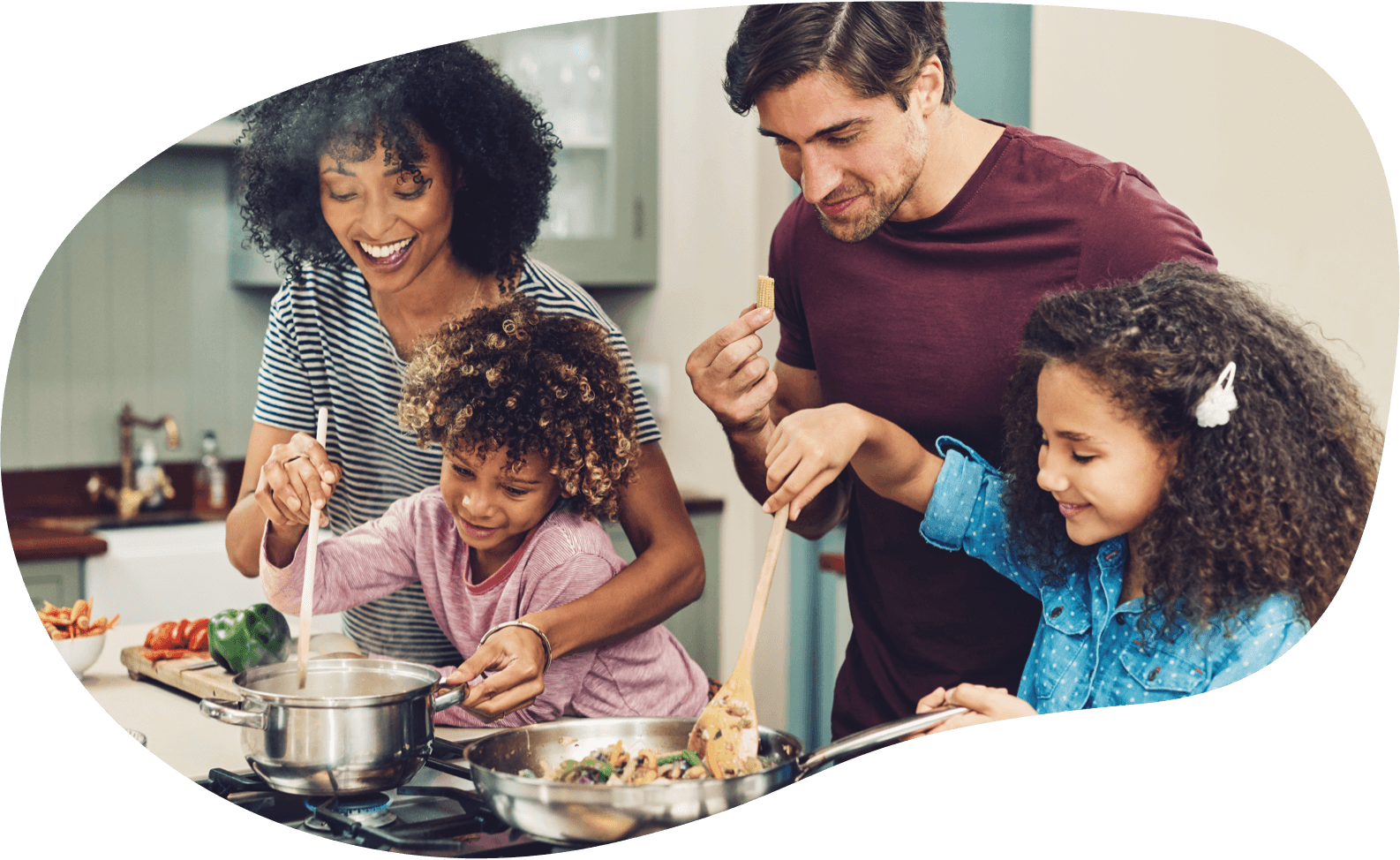
95%
We aim that above 95% of our plastic packaging will be designed for recycling by 2025, with the aim of getting to 100% recyclable or reusable packaging.
Talking With Our Smarties: Q&A
Plastic Packaging Explained
Plastics are uniquely malleable, available, hygienic, lightweight, strong and safe, which makes them ideal for packaging. We have made considerable progress in both minimizing the amount of plastic used to pack products safely and recovering plastic at the end of its useful life. But we know there is more to do as we work towards a waste-free future.
Recycling Solutions
The seven major focus areas for our scientific work on plastics:
- Packaging-free solutions
- Removal of non-recyclable plastics
- Simplification of materials and packaging structures
- Plastic-free packaging / paper
- More recycled content
- Bio-based plastics
- Biodegradable / compostable materials
Making Recycling Easier
- Taking action to improve waste collection systems
- Making our own packaging completely recyclable
- Making recycling an easy thing to do for consumers
- Helping take an active role in improving recycling systems where we operate
"As the worlds largest producer of food and beverage, our vision is a future where none of our products end up in nature, and where the products that Canadians know and love, contribute to a healthy future for the generations to come. With our global footprint and vast supply chains, we understand the severity of climate change and we have made significant commitments and investments in climate initiatives to reduce our carbon footprint."
- John Carmichael, Nestle Canada CEO
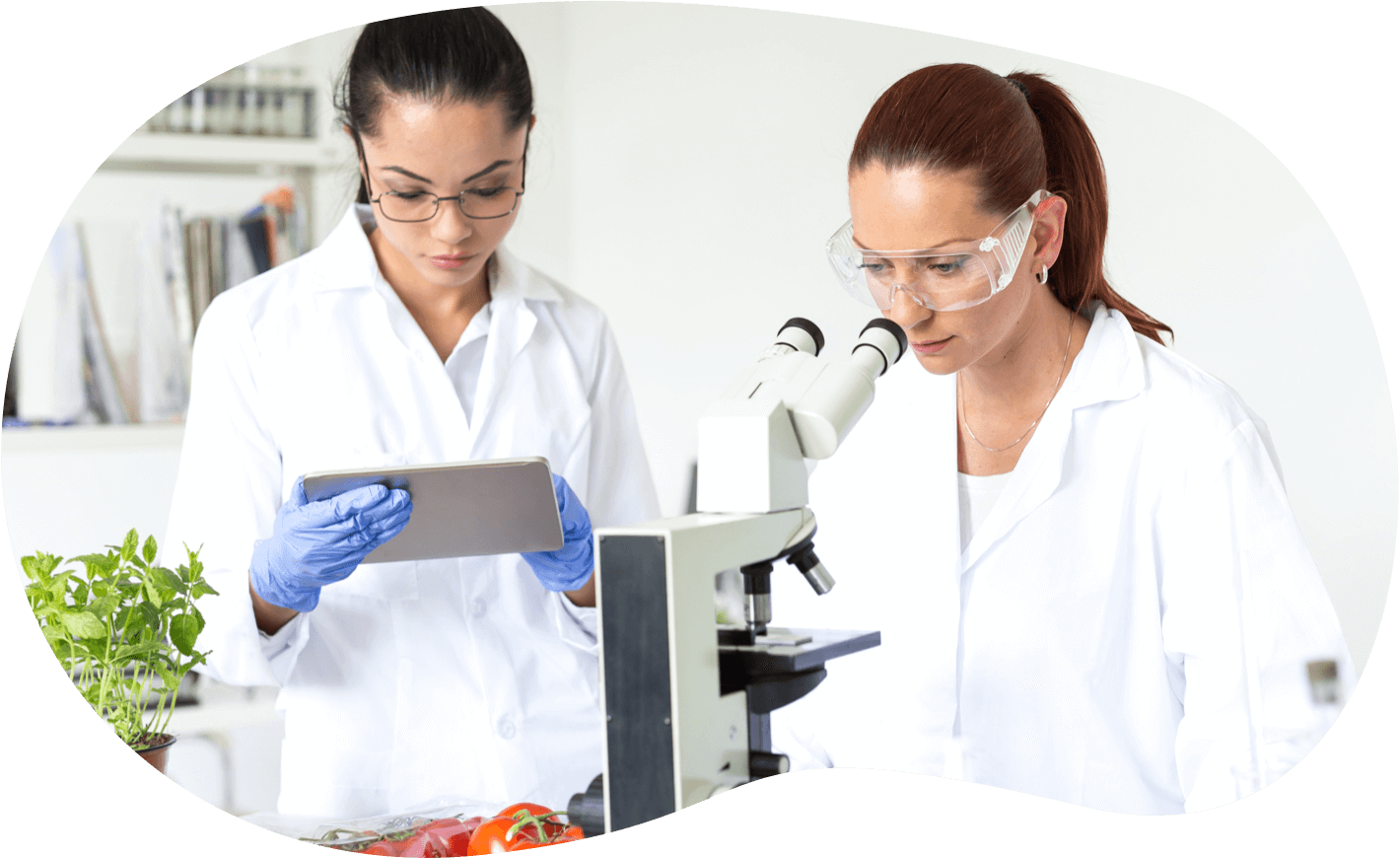
Now in more sustainable packaging
Plastic packaging plays an important role in safely delivering high-quality food and drinks to consumers, and in reducing food loss and waste. Thats why we carefully consider alternatives before making changes to our packaging.





